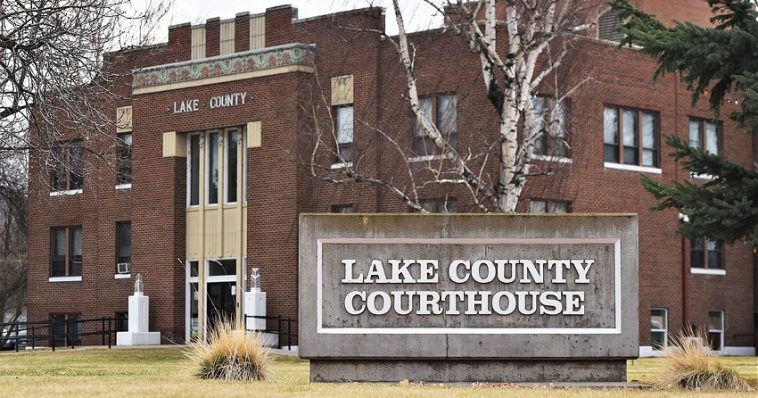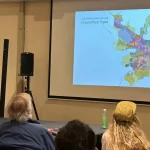Missoula, MT – Lake County’s ongoing battle to shift the financial burden of policing on Tribal lands to the state has hit another setback. This week, the Montana Supreme Court ruled against the county in a case involving Public Law 280, a federal statute that grants Montana jurisdiction over criminal offenses committed by tribal members within the county’s borders.
The court’s decision, issued on December 3, upheld a previous ruling by Lake County District Court Judge Amy Eddy, which found that the county remains responsible for covering the costs associated with enforcing PL 280. The decision comes as Lake County leaders have been pushing the state to take on the mounting financial burden, which has reached nearly $1 million since May. These costs include jail bed fees, medication for inmates, prisoner transports, and other law enforcement-related expenses.
Lake County Commissioner Gale Decker explained that the county has not fully accounted for all the related costs, noting that other expenses—such as the time spent by 911 call center staff and vehicle depreciation—remain uncalculated due to the time-intensive nature of the task.
“We know there are other amounts that we would really have to spend a lot of time to investigate, like how much time in our 911 call center is dedicated to Public Law 280,” Decker said. “We haven’t done that because we knew it would be time-consuming.”
The county’s efforts to shift these costs to the state had been underway for several years, culminating in this week’s decision. The Montana Supreme Court’s ruling cited a statute that allows for reimbursement of costs only if the state legislature decides to appropriate the funds. Since the legislature has not done so, the burden remains on Lake County.
Though the ruling was not unexpected, Decker acknowledged that the county would continue exploring other options for addressing the financial challenges. “We were kind of expecting that to come down from the Supreme Court,” Decker said. “There were some other pieces of it that we’re still digesting, and we think they give us some more approaches to the funding issue.”
Despite the setback, Lake County commissioners have formally withdrawn their consent to enforce Public Law 280. However, due to the lack of state funding and the veto of a funding bill in the 2023 legislative session, PL 280 remains in effect.
In the face of these challenges, Lake County officials are committed to continuing enforcement of the law for the sake of public safety. “We know the state has no ability to come into Lake County and do what we’re doing at the present time,” Decker said. “So, in the interest of public safety, which is our number one priority, we have continued to exercise Public Law 280 jurisdiction.”
With the financial pressure mounting and the legal roadblocks in place, Lake County leaders are now looking toward the upcoming 2024 legislative session for a potential solution. The county is hoping that state lawmakers will step in to provide the necessary funding to address the costs associated with policing on Tribal lands.



